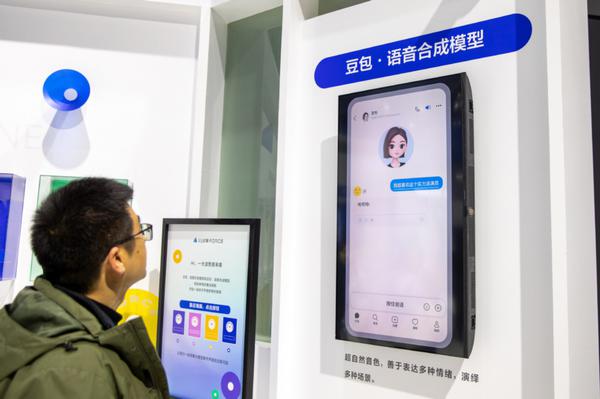
A visitor asks a question to Doubao, an AI model affiliated with Chinese tech giant ByteDance, during the 2024 Volcano Engine Force Conference in Shanghai in December. (CHINA DAILY)
Rising concerns
Zhang, the lawyer, praised AI for being the core driving force for the latest round of technological and industrial revolution, but said that data security and emerging disputes brought by the technology have raised concerns.
"If AI systems are hacked or infected with viruses, they could endanger personal information, public order and even national security," he said, noting that the construction of an AI security framework should be made a priority.
Zhong Zheng, a deputy to the 14th NPC and vice-president of Chinese home appliance maker Midea Group, told Guangzhou Daily that her concerns focus on the risk of those who use AI to create fake videos that mimic the appearance and voices of celebrities or experts.
"This AI-generated content can mislead and defraud consumers, especially the elderly, causing significant financial losses," the paper quoted her as saying.
In October, Lei Jun, founder and CEO of Chinese tech company Xiaomi, was troubled by a series of videos that used AI to imitate his voice. "I don't think using AI in this way is a good thing," said Lei, who is also an NPC deputy, commenting on the issue.
He wrote on social media that the use of AI for face swapping and voice syntheses will trigger violations of portrait rights and personal information, and even lead to fraud.
The improper use or abuse of AI can cause irreparable damage to the reputation and image of individuals or enterprises, and pose risks to social governance, he added.








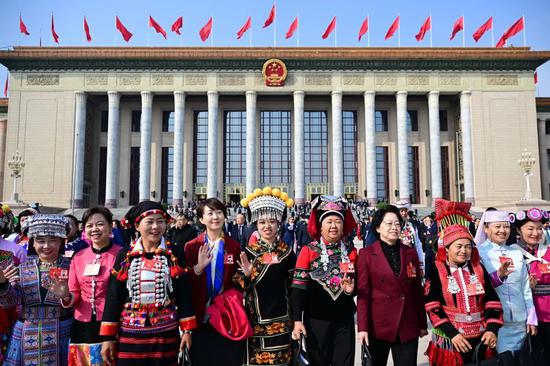
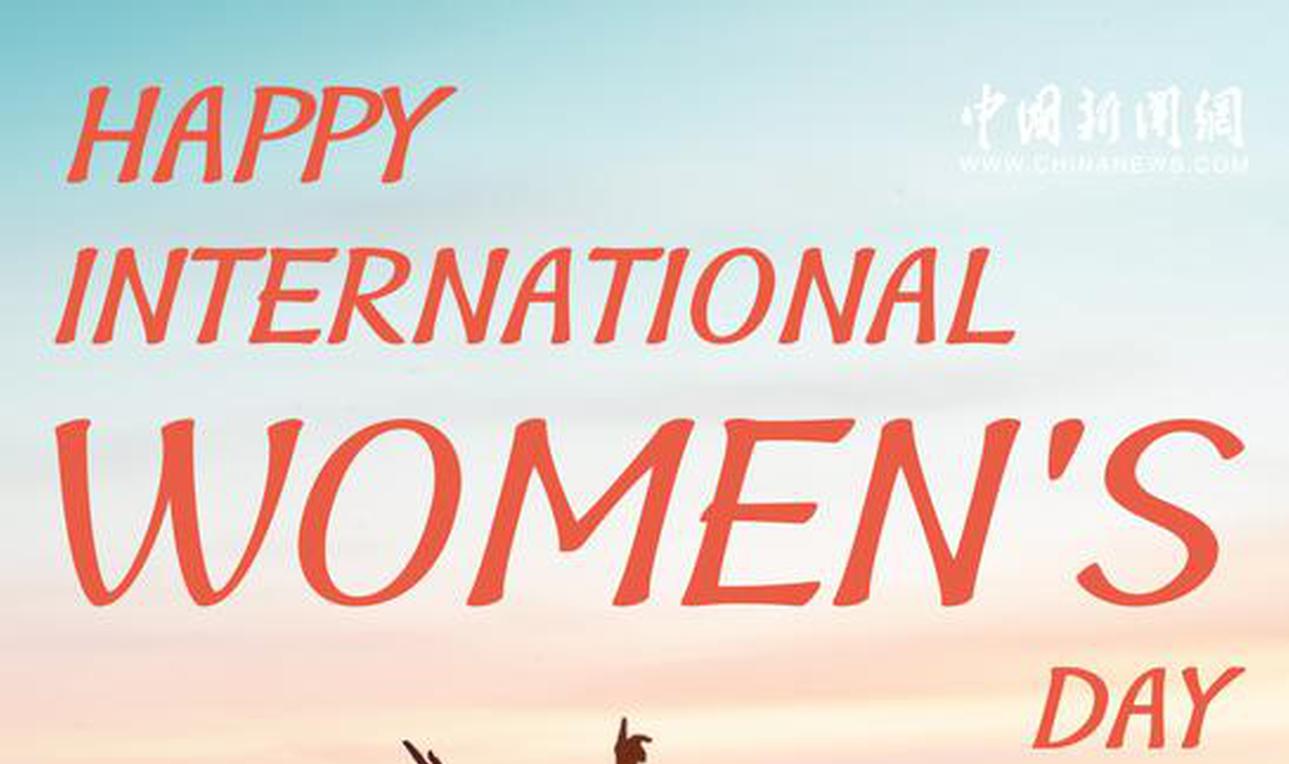
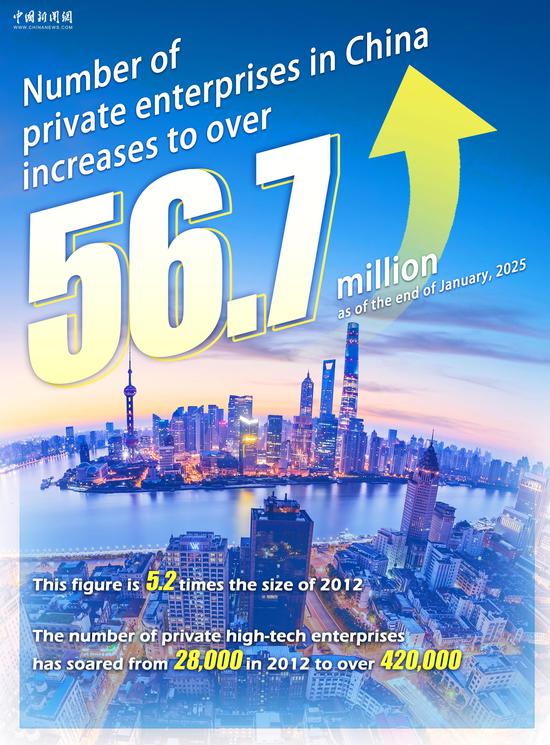
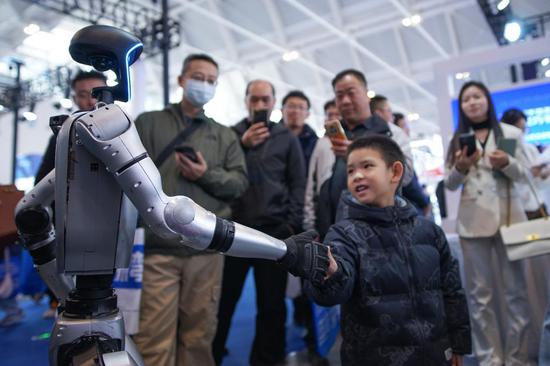
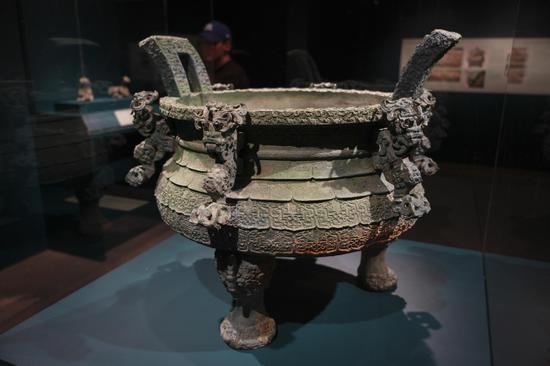

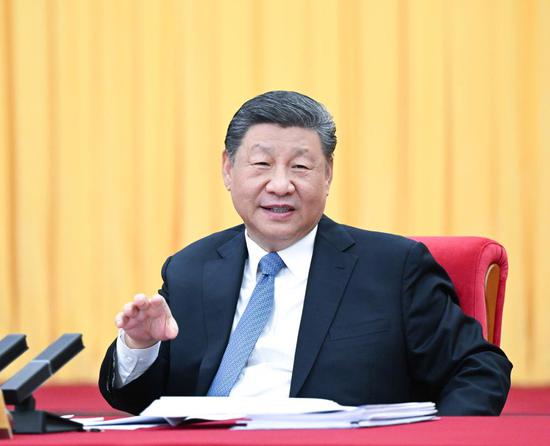
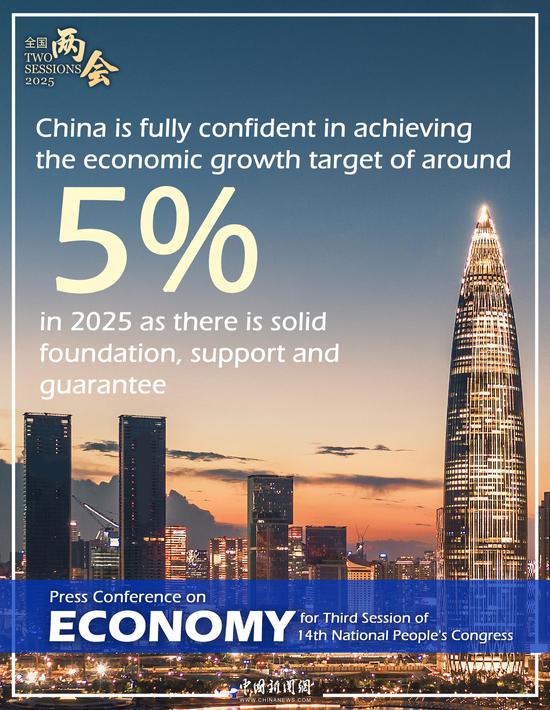

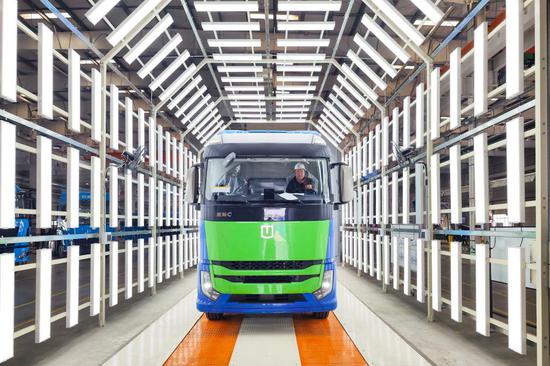

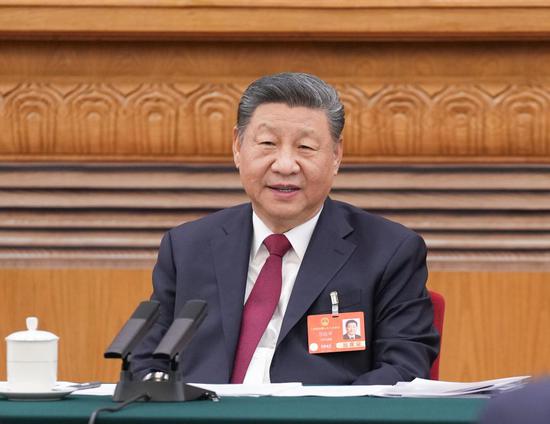

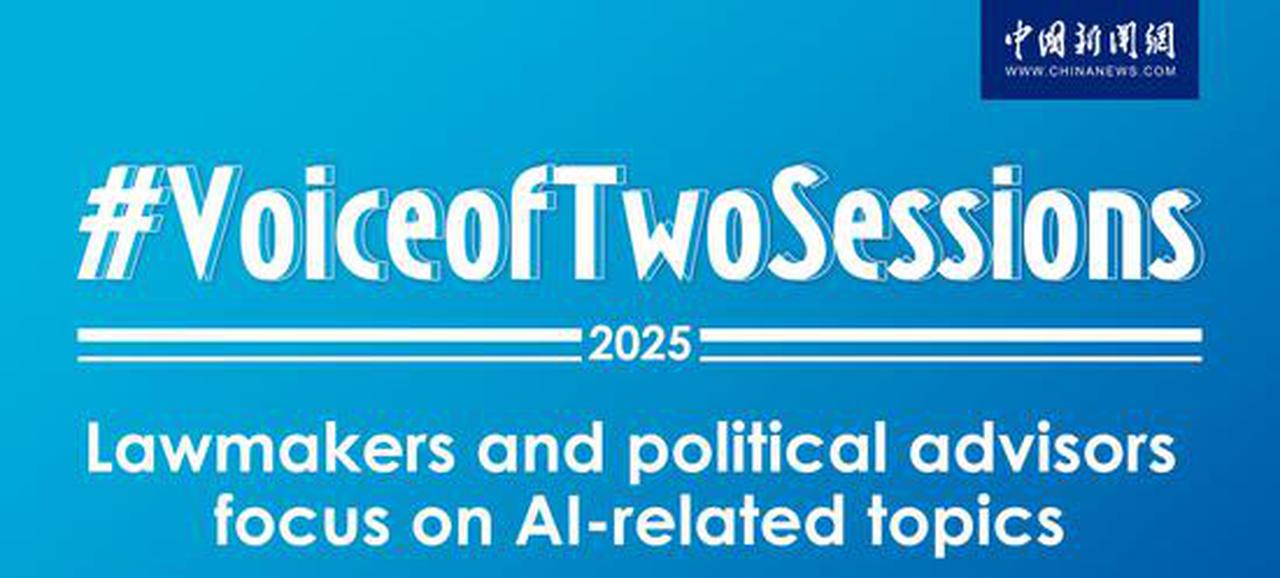
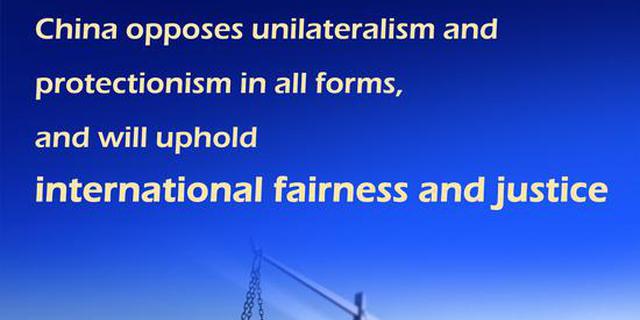



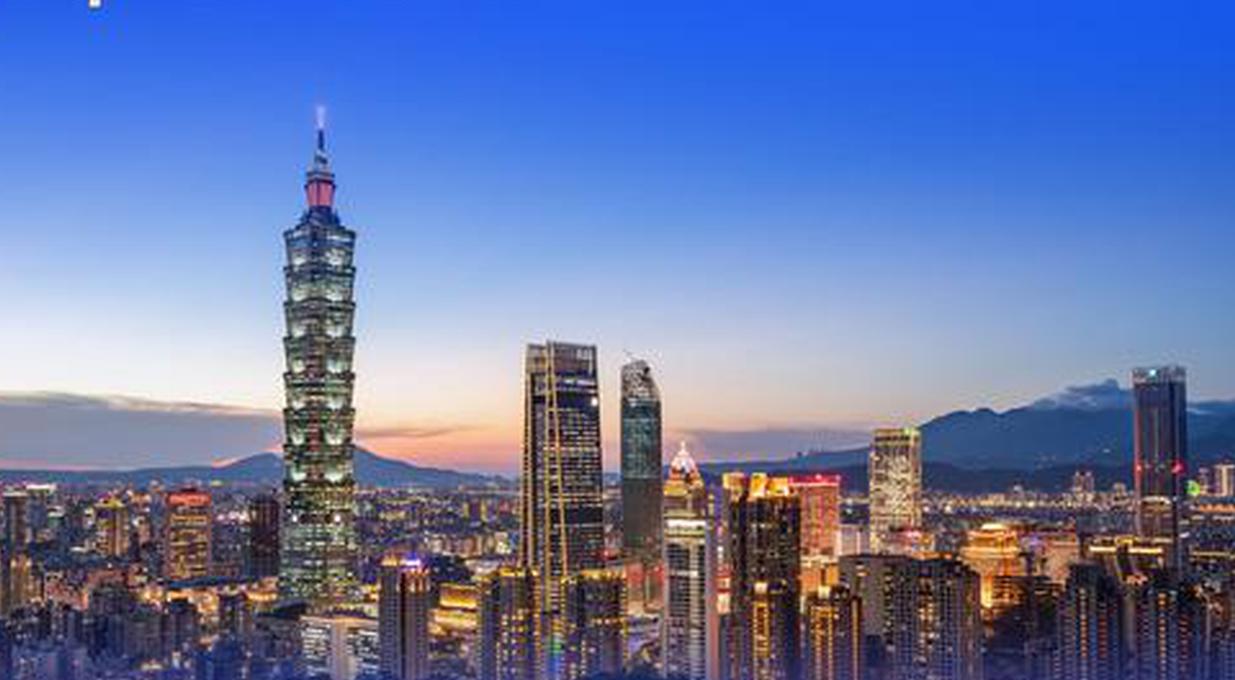


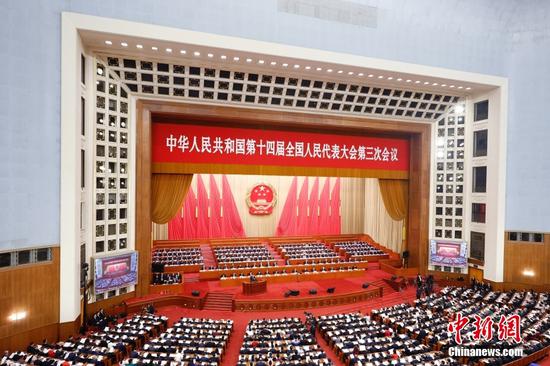
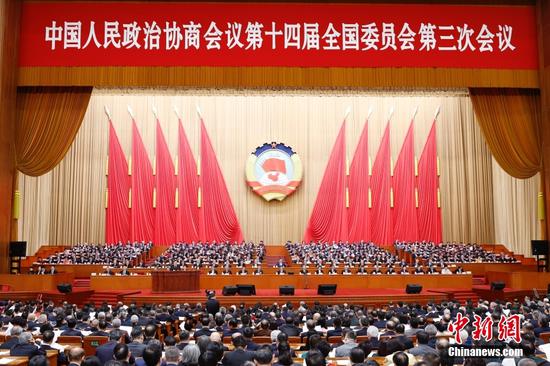
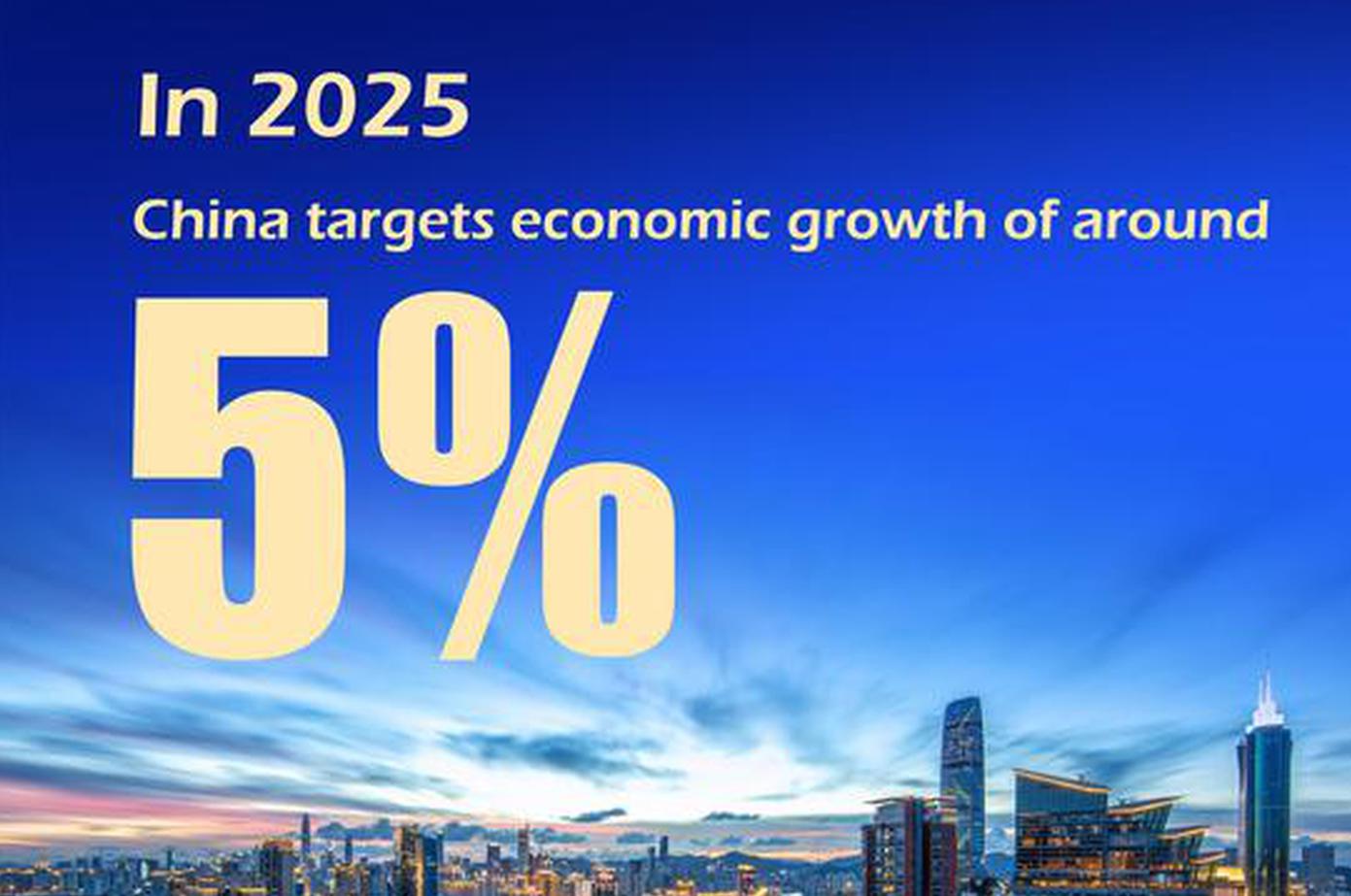
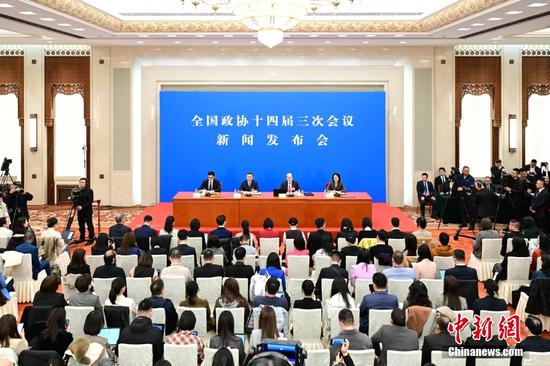

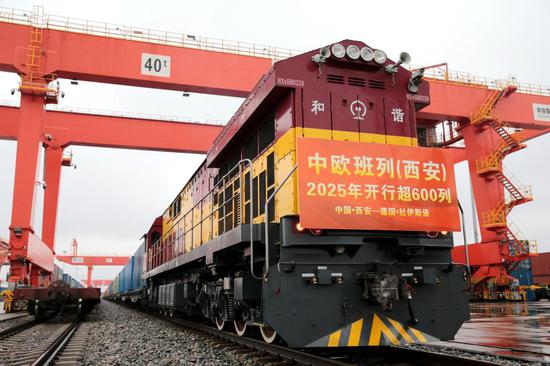

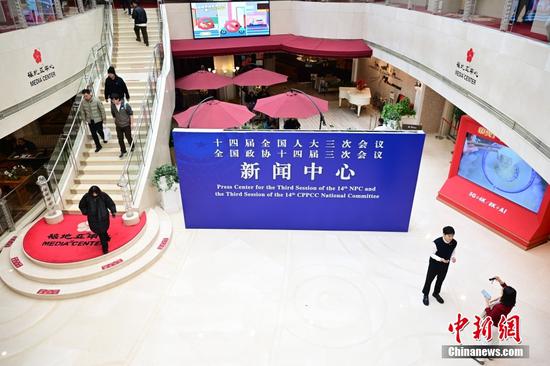
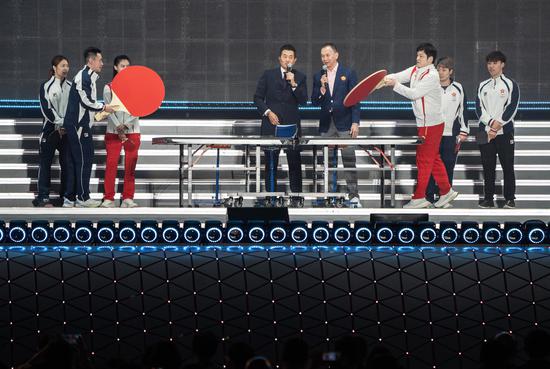

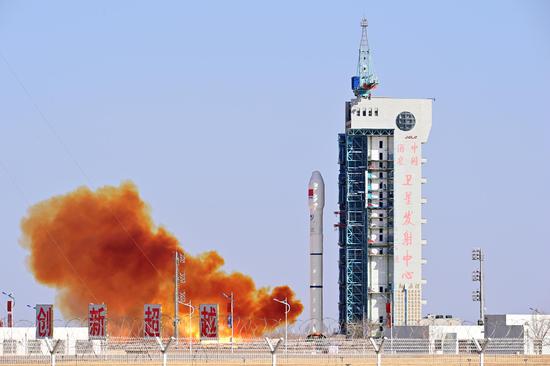


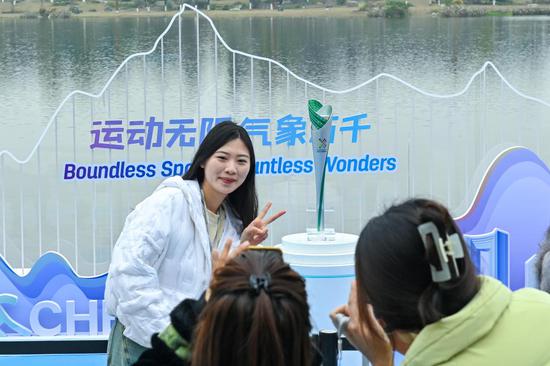
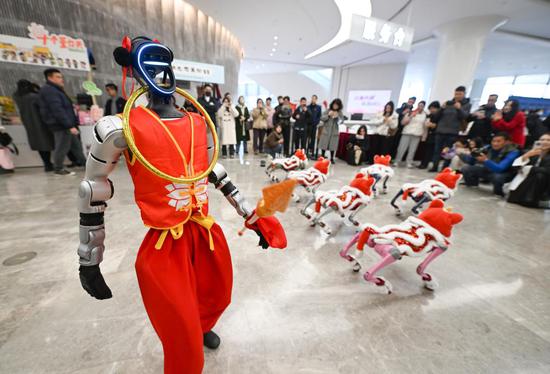
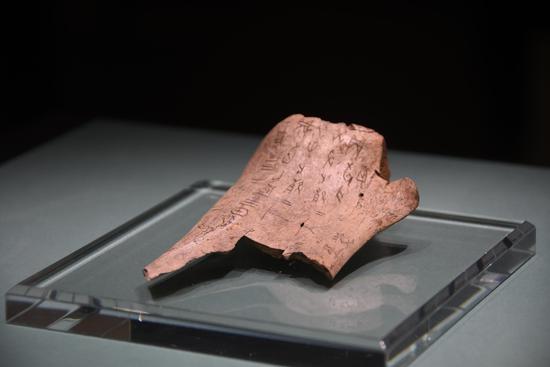

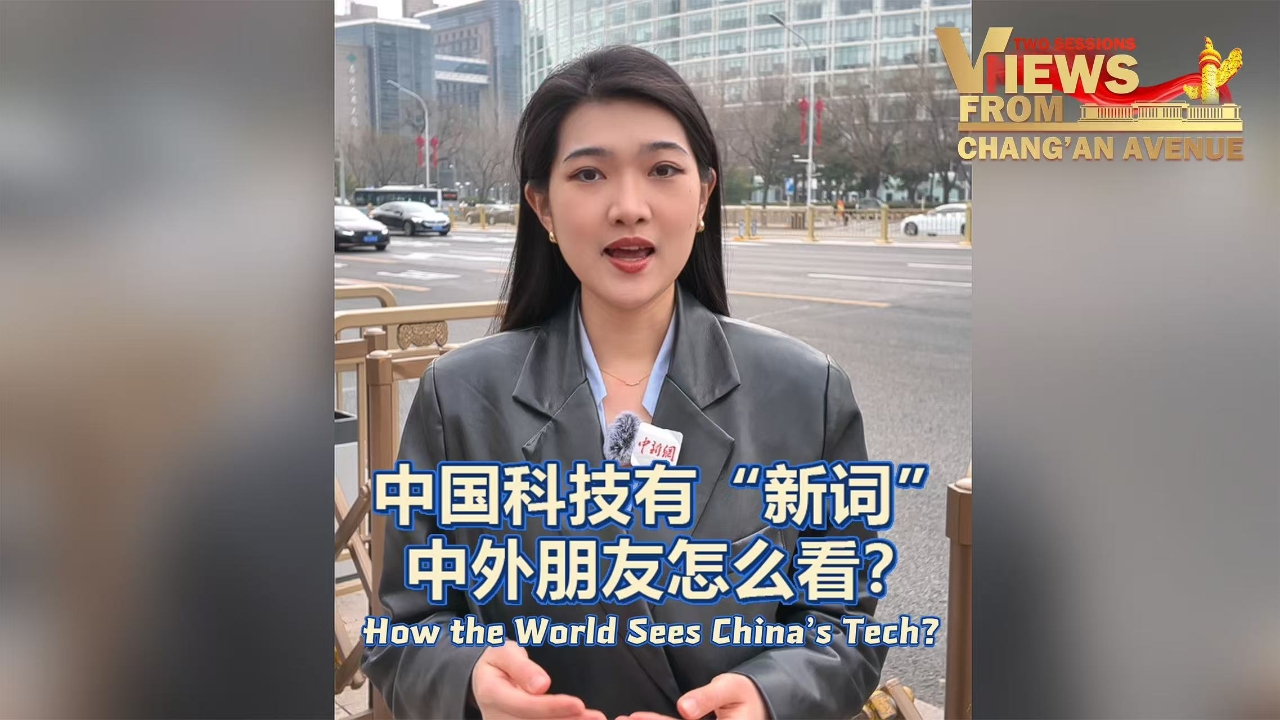

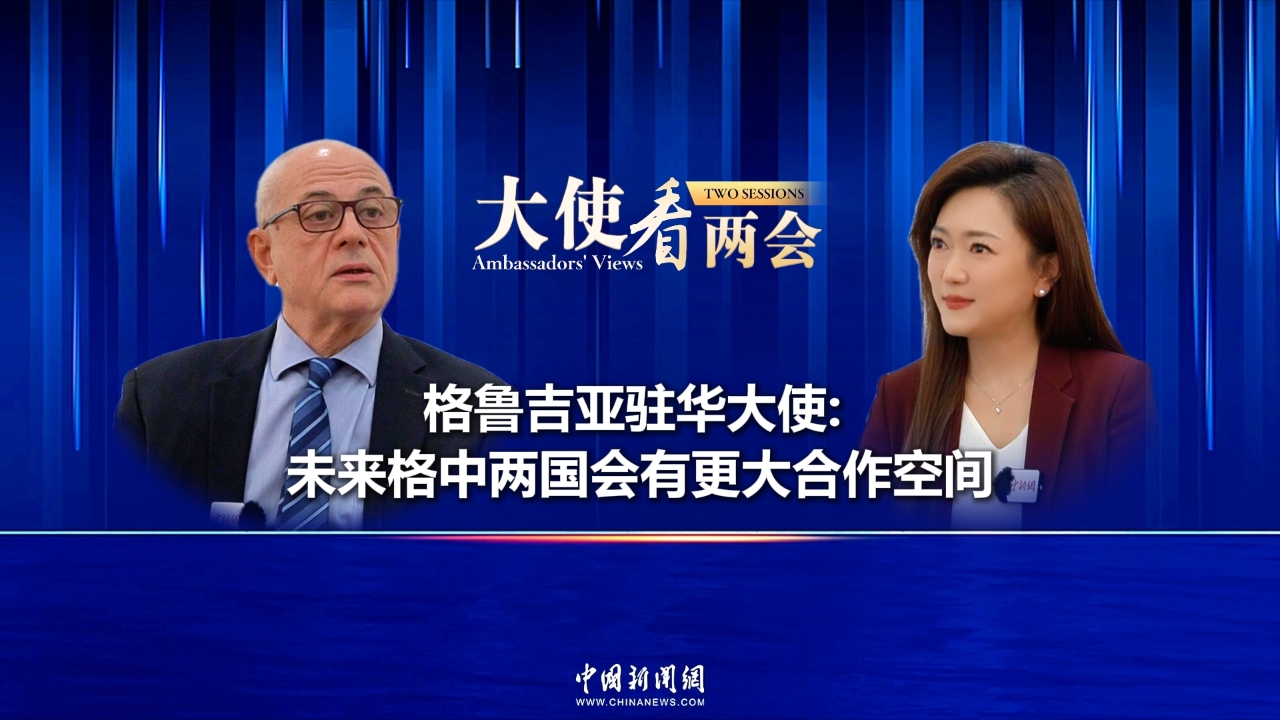

 京公網安備 11010202009201號
京公網安備 11010202009201號